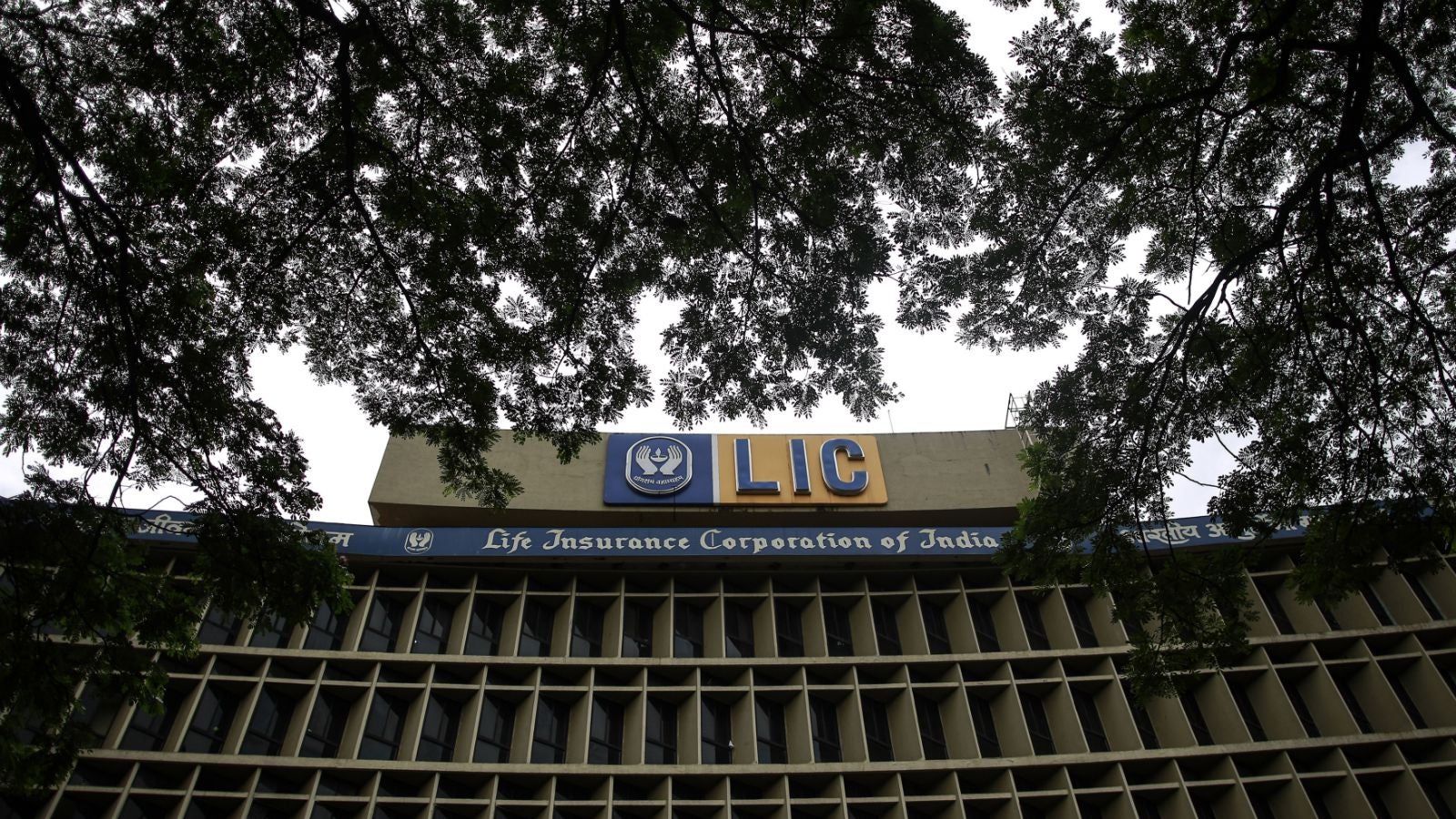Do Indian insurance ads have a sexism problem?
Indian insurance companies seem to be caught in a time warp.


Indian insurance companies seem to be caught in a time warp.
For decades, most insurance ads have depicted the man as the sole breadwinner for his family, while the woman—almost always—plays a helpless dependent.
The life insurance sector in India was liberalised more than a decade ago, and is one of the biggest in the world with about 36 crore policies. But their marketing doesn’t quite reflect that.
The ads by state-run Life Insurance Corporation of India and the numerous private players seem to be united in buttressing the hoary, old cliche: a woman’s income and savings are unimportant to her family.
“These ads are talking to the men in the house,” said Vishwajeet Rana, senior vice president at advertising firm Ogilvy & Mather. “I don’t think any insurance company has been brave enough to take a stand and talk to a lady directly.”
This is despite the fact that the last few years have seen several path-breaking Indian ads from other industries. Jewellery company Tanishq celebrated remarriage in their TV commercials in 2013. Fashion brand Fastrack propagated coming out of the closet in their promotional campaigns. Even a seemingly traditional company such as the detergent-maker Nirma, which had for years depicted women only as trusting housewives, gave a nod to feminism.
Insurance commercials, on the other hand, continue to portray men as benevolent protectors and women as pretty props.
“Typically, very small number of women take financial decisions alone in India. They often consult their father, husband or brothers,” said Rana. ”And, the insurance companies are aware of this fact.”
Here are some of the more regressive insurance commercials we have had to suffer through in recent times.
ICICI Prudential Life Insurance
Bande achhe hain (He is a good man)
The men are kind-hearted, gentle patriarchs, who, as the voiceover says: fulfill their responsibilities, but don’t exhibit them. In the ad, they are constantly protecting, or watching over, their wives and daughters.
HDFC Life
Sar utha ke jiyo (Live with self respect)
In this ad on pension plans, a middle-aged husband is shown reprimanding his wife for excessive shopping. Later, it is revealed that he was only trying to scare her. After all, his job is to earn—and hers, to spend. And, they live happily ever after. That self-respect in the tagline seems to be reserved only for men.
SBI Life Insurance
Zindagi haske bitayenge (Live life happily)
A son asks his dad if he should quit his studies and take up a job, in case the father dies unexpectedly. The father hugs the sons and tells him to not worry. The mother, who is shown serving food on the table, takes no part in the conversation. The voiceover says: What if your son asks you this question? Be prepared.
It seems the loss of a mother will not be felt by the family, at least not monetarily.
Life Insurance Corporation of India
Zindagi ke saath bhi, zindagi ke baad bhi (during life and after life)
This 2006 ad is one of the most famous LIC commercials. A middle-aged woman is grateful to her deceased husband for taking a life insurance, which made it possible for her to educate their children, run the household and marry off her daughter. The ad successfully reinforces the stereotype that a woman, without a husband’s income, is feeble and helpless.
Years later, the man is still the sole provider in LIC ads.
Maybe it is time that someone tells insurance companies that we live in 2015.